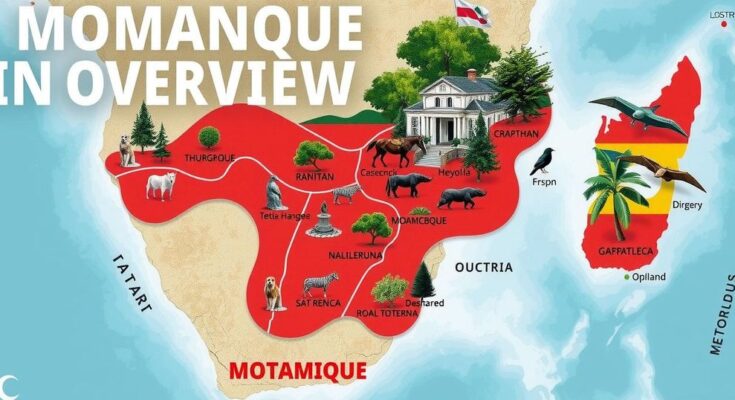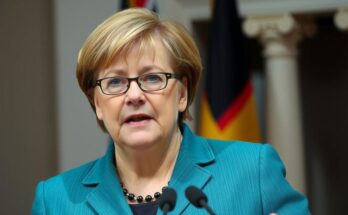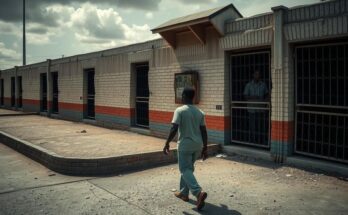Mozambique is facing its worst election-related violence since the end of its civil war, with over 250 deaths following a disputed presidential election. Protests have erupted against the ruling party, leading to clashes with security forces and declarations of victory from opposition leaders. This unrest poses significant regional and global implications.
Mozambique is currently experiencing severe unrest following a contested presidential election, resulting in substantial violence that has led to over 250 fatalities. This turmoil intensified after the nation’s judiciary upheld the election results favoring the ruling party, Frelimo, on December 23. Protests erupted nationwide, leading to clashes between demonstrators and security forces. Human rights activist Cídia Chissungo characterized the situation as devolving into a social revolt, with organized riots, looting, and the establishment of informal checkpoints. The opposition leader has unilaterally declared victory and is urging a national shutdown in response to what they allege is electoral fraud.
The unrest in Mozambique is the most significant since the conclusion of the civil war more than three decades ago. The October elections were met with allegations of electoral manipulation, intensifying crises in political legitimacy and public trust. Given Mozambique’s strategic location as a port nation in southern Africa, the ongoing violence not only affects its internal stability but also has broader implications for regional security and international interests.
In summary, the violence in Mozambique following a disputed election reflects a deeper crisis of governance and public discontent. The scale of unrest signals a pivotal moment in the nation’s political landscape, with potential ramifications that extend beyond its borders. Continued observation and engagement from the international community may be essential in addressing the unrest and supporting a peaceful resolution.
Original Source: www.nytimes.com




